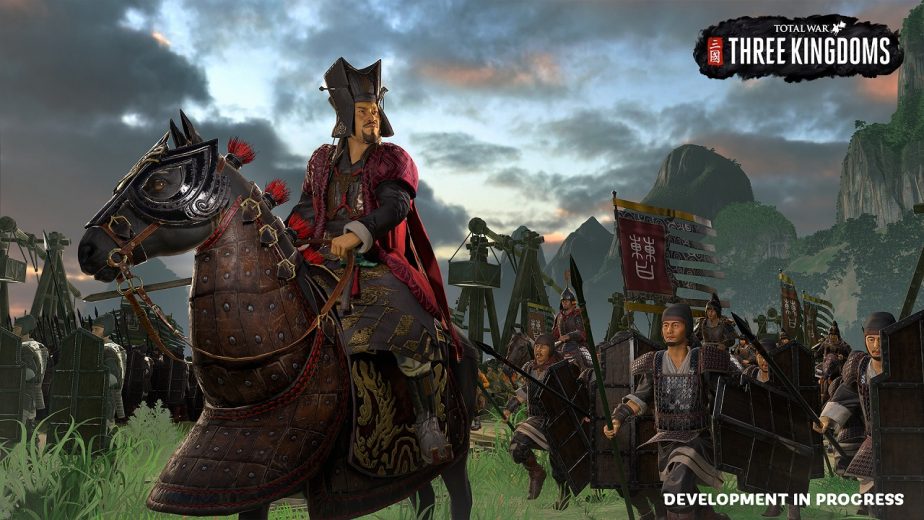Throughout 2018, gamers have witnessed a dramatic shift in the trends of the gaming industry. Largely driven by the monumental success of God of War earlier this year, but also built up by the success of other major single-player titles both before and after, single-player story-driven games are now enjoying a major resurgence. This trend seems likely to define 2019, and quite possibly beyond, as developers react to the success of games like God of War, Spider-Man, and the single-player release of Red Dead Redemption 2. Given that backdrop, is it possible that other niche areas long associated with single player experiences could also enjoy a rise in popularity?

One area which has long been in decline is strategy gaming. Once the dominant genre of PC games in years past; strategy gaming has seen its fair share of ups and downs. However, with the rise of console gaming and trends towards MMOs, MOBAs, and more recently, Battle Royale games, among others, strategy has largely fallen into a niche with a core audience of dedicated fans. As single-player once again rises to the forefront of gaming, could strategy gaming rise with it to some degree?
Strategy Gaming in 2019: A Field Primed for Expansion?
In recent years, strategy gaming has largely been kept alive in two areas. Firstly, by a handful of companies with long-term reputations for producing strategy games and who have dedicated audiences. Of these, Creative Assembly is likely the most high-profile, but Eugen Systems, Paradox Development Studios, and others number among them. In this area, games like the Wargame franchise, Hearts of Iron, and Crusader Kings have very dedicated audiences. However, they remain relatively niche in comparison to most triple-A franchises. Total War has also enjoyed a strong revival in recent years, largely thanks to the launch of the Total War: Warhammer series; a bold step away from their traditionally historical titles.

The second area where strategy gaming still thrives is with smaller titles on both PC and mobile. With only a handful of core studios catering for the strategy gaming market, and new titles released infrequently; there is a lot of room for smaller games to find an interested audience. The better of these titles usually aim to set themselves apart in some fashion; by choosing lesser-known time periods, such as Plarium’s strategy games, or by incorporating non-traditional mechanics.
Could We See a Similar Resurgence for the Strategy Game as With Single-Player Titles
Strategy gaming is not currently in the same realm as most other core genres when it comes to popularity. Overall, that is unlikely to change dramatically; elements of the genre, such as grand strategy, are not the sorts of games new players can easily get into. However, with single-player titles enjoying the limelight; this may be an ideal opportunity for studios to pitch strategy gaming back to a more mainstream audience by leveraging traits commonly associated with the single-player experience. In recent years, Firaxis’ XCOM franchise has enjoyed significant popularity for a turn-based strategy game; it’s hard to argue that the game’s compelling story and distinct setting played no part in that.

The Total War franchise’s next upcoming addition will be Total War: Three Kingdoms; a game embracing the heroic tales of Romance of the Three Kingdoms and Chinese ancient history. The setting seems a perfect fit for the current market; the era is famous for its strong characters and their personal stories. Already, the title has attracted a lot of attention, most likely thanks to the success of Creative Assembly’s recent forays into Warhammer. If it performs well in early 2019, it could herald a welcome expansion in the strategy gaming audience in general. If other studios follow suit and seek to cater to players looking for more single-player experiences through 2019, strategy gaming could perhaps enjoy a return to more mainstream popularity.




